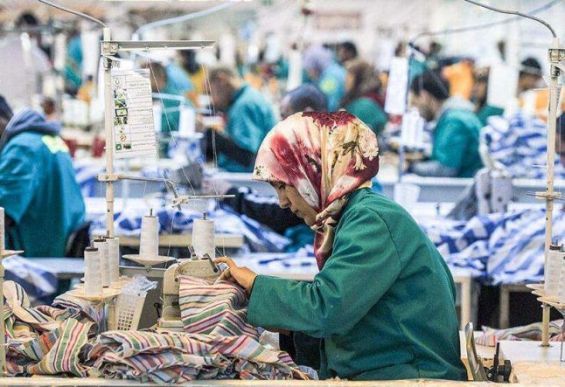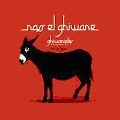A new report by Equal Measures 2030 (EM2030) reveals that Morocco has made strides in gender equality in recent years but still faces significant challenges in fully empowering women and girls. The 2024 SDG Gender Index, released on September 6, 2024, ranks Morocco 84th out of 139 countries globally, an improvement from its previous ranking of 90th.
The SDG Gender Index assesses progress on gender equality across 14 of the 17 Sustainable Development Goals (SDGs), using 56 indicators. Countries receive a score from 0 to 100, with 100 indicating that gender equality targets have been fully met.
Morocco’s overall score increased from 61.7 in 2019 to 63.2 in 2022, placing it in the «poor» category (60-70 points) for gender equality. While this is a positive development, the score indicates that Morocco is only about two-thirds of the way toward achieving key gender equality targets across the SDGs.
Within the Middle East and North Africa (MENA) region, Morocco ranks ahead of its North African neighbors, including Tunisia (85th), Algeria (88th), and Egypt (89th). However, it lags behind some Middle Eastern countries, such as the UAE, Kuwait, and Saudi Arabia, ranked 32nd, 54th, and 69th, respectively.
Areas of progress and concern
The report highlights Morocco’s progress in several areas between 2019 and 2022. Women’s political participation has improved, although gender parity in parliament remains distant. The report notes that only 12 out of 139 countries (8.6%) had achieved gender parity in their parliaments as of 2022.
Legal reforms, such as the 2004 revision of the family code (Moudawana), are recognized as vital steps toward gender equality. However, further legal reforms may be necessary to fully protect women's rights.
In addition, more women now have bank accounts and access to digital financial services. Girls' enrollment in pre-primary education and the expected years of schooling for girls have also risen.
Despite these advancements, challenges persist. Women’s economic empowerment remains a significant issue in Morocco, as in the broader MENA region. The report also highlights the weak implementation of laws addressing gender-based violence in the country.
Child marriage rates have declined, but early marriages continue to be a concern in some communities. While maternal mortality rates have improved, they remain high compared to developed nations.
Interconnected crises and their impact
The EM2030 report warns that Morocco’s progress on gender equality is at risk due to a series of global crises. The worsening of government debt burdens, noted as the most deteriorated indicator, could hinder Morocco’s capacity to invest in gender equality initiatives.
Additionally, the shrinking of civic space globally is flagged as a concern, and Morocco’s continued progress may depend on preserving spaces for civil society and feminist organizations.
As a country vulnerable to climate change, Morocco may face growing challenges in safeguarding women and girls from climate-related risks such as displacement and food insecurity. Furthermore, the report cautions that rising economic inequality could concentrate political power, which may undermine gender equality efforts. To avoid this, Morocco must ensure that its economic development remains inclusive.





 chargement...
chargement...













